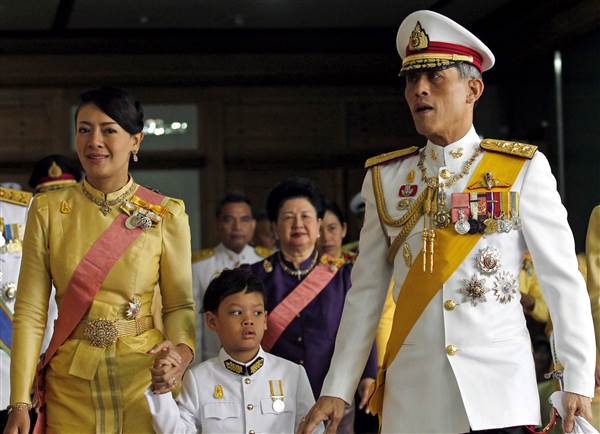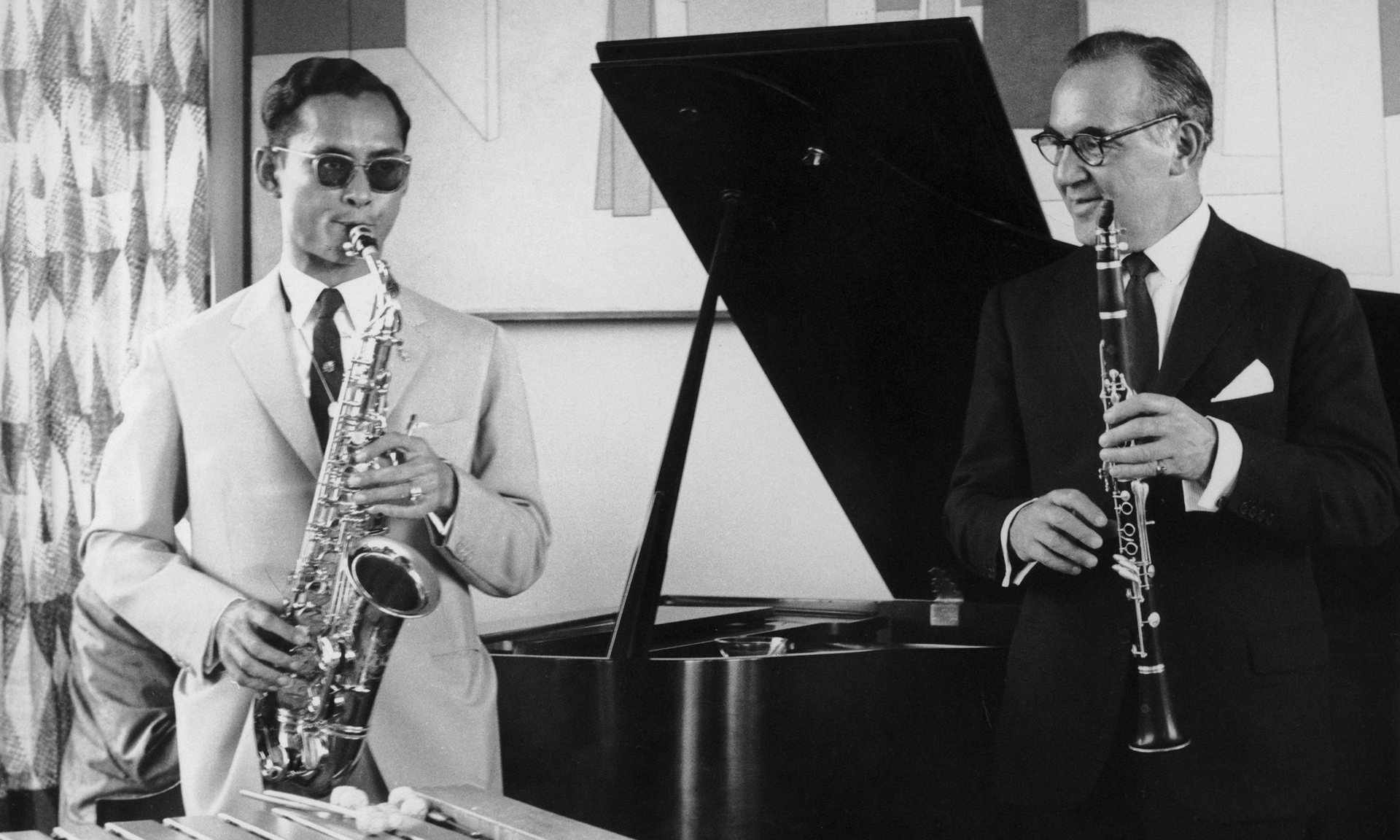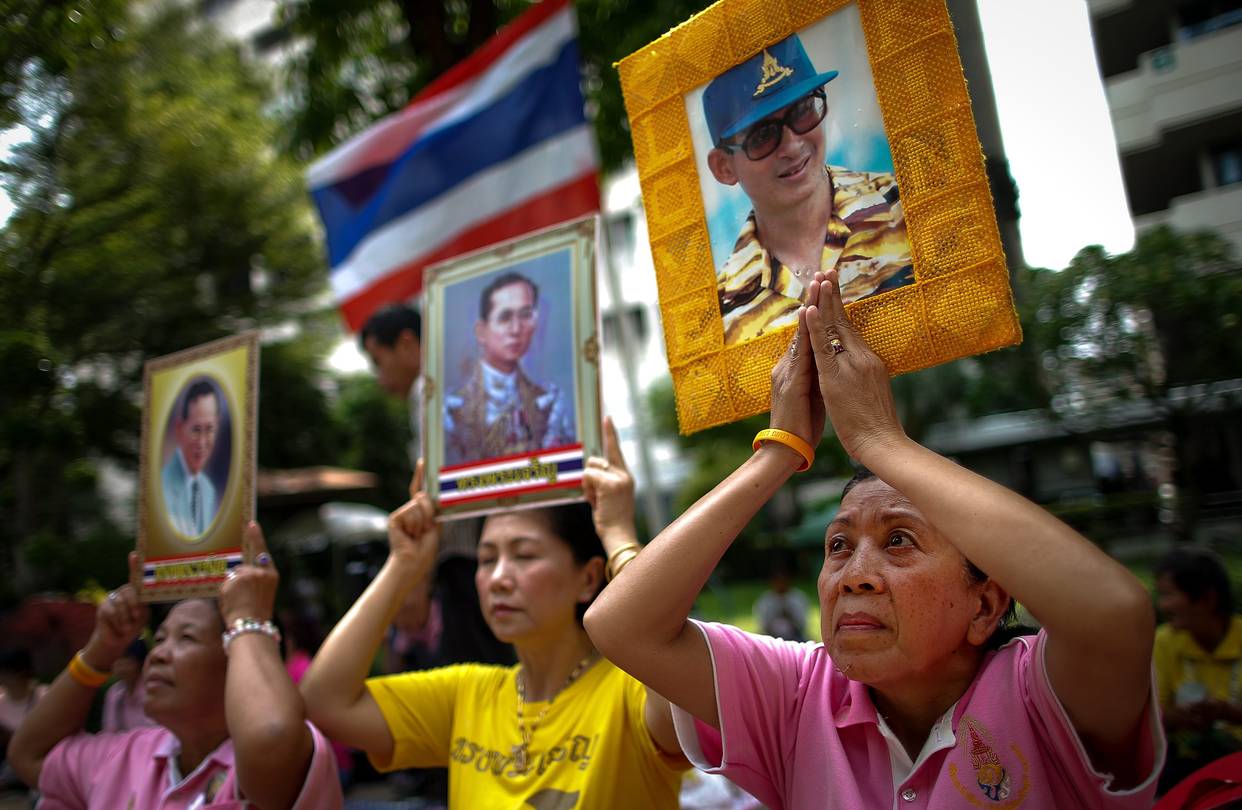Thailand's Humble King Bhumibol Adulyadej Has Died After 70 Years On The Throne
He was a stabilising influence in a country that saw numerous military coups during his reign.
Thai King Bhumibol Adulyadej died "peacefully" at 3:53 pm local time, 13 October, the palace said. The Thai King was the world's longest-reigning monarch; he was on the throne for 70 years.
The late king took the throne of the kingdom once known as Siam shortly after World War II, establishing himself as a revered personification of Thai nationhood.
According to the royal palace, the 88-year-old King died at Siriraj Hospital in Bangkok.
Crowds gathered at the hospital in tears as they heard the news about the King's death.
Image via BBCThailand would observe a year-long mourning period for the King
While King Bhumibol was a constitutional monarch with no formal political role, he was a unifying figure in the country, whose people are still trying to cope with the constitutional crisis caused by the 2014 coup that established military rule in Thailand.
Prayuth Chan-ocha, the architect of the 2014 military coup, meanwhile said that Thailand would observe a year-long mourning period for King Bhumibol.
"He is now in heaven and may be looking over Thai citizens from there,'' he said.
The Crown Prince Maha Vajiralongkorn will succeed to the throne
Thai Crown Prince Maha Vajiralongkorn (right), royal consort Princess Srirasm (left) and their son Prince Dipangkorn Rasmijoti (center) in 2011.
Image via RUNGROJ YONGRIT / EPAThais began contemplating the likely coronation of King Bhumibol’s only son, Crown Prince Maha Vajiralongkorn. It could take time for the 64-year-old prince to command the overwhelming respect his father accrued over decades.
“There will be a vacuum to fill,” said Sulak Sivaraksa, a prominent Buddhist scholar and one of the few Thais willing to discuss the monarchy because of strict laws criminalizing criticism of the royal family. “The question is who or what will fill it.”
 wsj.com
wsj.com
Born in Cambridge in the US state of Massachusetts on 5 December 1927, King Bhumibol Adulyadej was an accidental monarch
He was thrust onto the throne at the age of 18 by the violent death of his older brother in 1946, who was shot dead in his bedroom.
King Bhumibol, while a people's king, was said to be a quiet and somewhat aloof one.
The New York Times reports, "he was a man of a sober, serious mien, often isolated in his palaces, protected by the most stringent of lèse-majesté laws, which effectively prevent almost any public discussion of the royal family."
He was educated in Switzerland, spoke impeccable English and French, composed music, played jazz on the clarinet and saxophone, took up photography, painted, wrote and spent hours in a greenhouse at his Chitrlada Palace in Bangkok.
He was a keen musician, here playing with bandleader Benny Goodman
Image via Popperfoto/Getty Images via The Guardian


